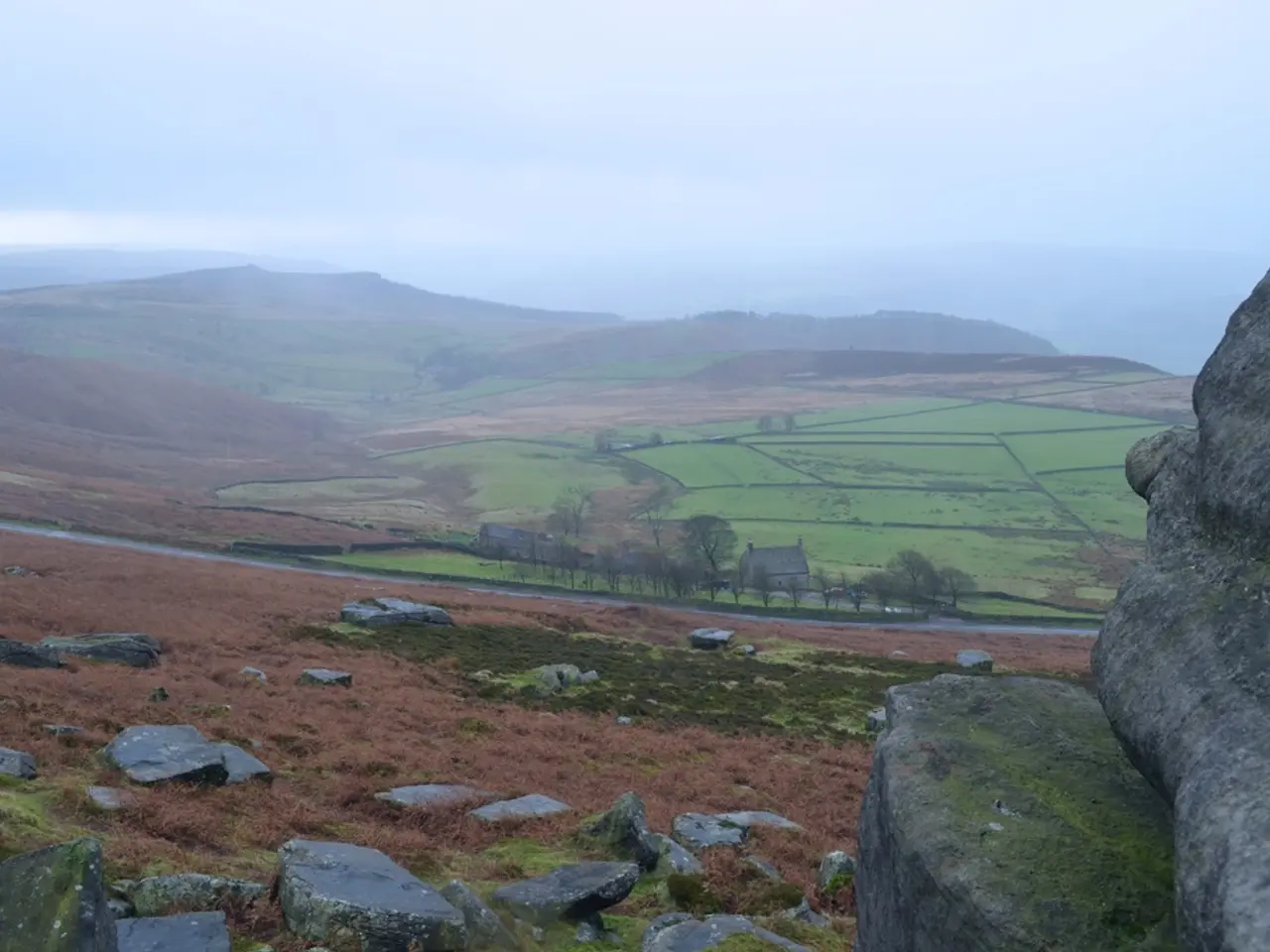Touring Greece Responsibly: 7 Easy Guidelines for Eco-friendly and Culturally Sensitive Exploration
Discover the beauty and charm of Greece while treading lightly on its environment and respecting its culture. Here are some tips for a sustainable and enjoyable trip.
Firstly, it's important to remember that certain protected areas, such as the Samaria Gorge in Crete, are off-limits when it comes to collecting shells or plants. Respecting these rules helps preserve the natural wonders of Greece for future generations to enjoy.
When planning your trip, consider visiting Greece during the months of May to early July, or September. These periods offer fewer crowds, cooler weather, and happier locals, making for a more enjoyable travel experience.
To truly immerse yourself in the local culture, take some time to talk to the locals at village cafes, especially in Epirus. Sharing stories and experiences is a wonderful way to connect with the people and learn about their way of life.
Accommodation plays a significant role in sustainable travel. Instead of opting for all-inclusive resorts, choose family-run pensions in Ikaria or Astypalaia. Not only does this support local businesses, but it also offers a more authentic and sustainable stay.
For those interested in learning about traditional olive oil production, a visit to a Cretan Olive Oil Farm near Agios Nikolaos is highly recommended. Alternatively, consider staying at Eumelia Organic Farm & Guesthouse in Laconia, which offers eco-friendly accommodation and opportunities for olive harvesting.
Cooking classes using local recipes are another great way to immerse yourself in the culture. Paros, with its Cycladic cuisine, is an excellent destination for this experience.
The Meteora Monasteries, located near the town of Kalampaka in Thessaly, are a must-see. Perched on towering rock pillars reaching up to 400 meters high, these monasteries offer a unique and awe-inspiring glimpse into Greece's religious and cultural history.
Responsible snorkeling is essential in protecting marine life. The Alonissos Marine Park, a protected area that houses endangered monk seals, is a perfect spot for snorkeling while ensuring minimal disturbance to the ecosystem.
Lastly, if you're looking to contribute to conservation efforts, volunteering with Archelon in Kalamata and Zakynthos is an excellent alternative to disturbing turtle nests.
For those seeking luxury and sustainability, Milos Cove in Greece offers a unique experience with a minimal environmental footprint.
By following these tips, you can ensure a memorable and sustainable trip to Greece, while also contributing to the preservation of its stunning landscapes and vibrant culture.
Read also:
- visionary women of WearCheck spearheading technological advancements and catalyzing transformations
- Recognition of Exceptional Patient Care: Top Staff Honored by Medical Center Board
- A continuous command instructing an entity to halts all actions, repeated numerous times.
- Oxidative Stress in Sperm Abnormalities: Impact of Reactive Oxygen Species (ROS) on Sperm Harm








